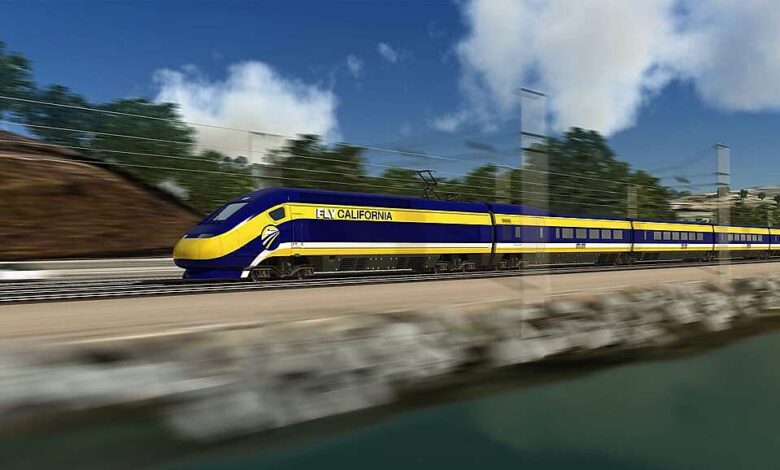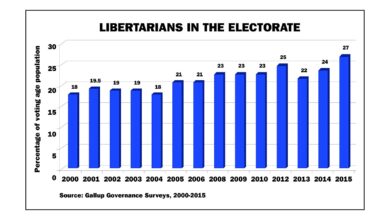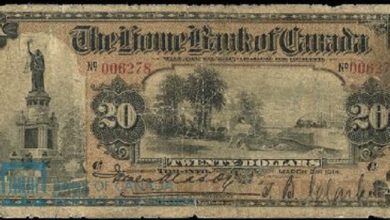House Appropriations Subcommittee Zeroes Out California High‐Speed Rail

Last week the House Appropriations Subcommittee on Transportation, Housing and Urban Development, and Related Agencies approved a Fiscal Year 2024 budget that forbids the Biden administration from granting additional funds to the California High‐Speed Rail project. The marked‐up budget bill is expected to pass the full House Appropriations Committee this week. If adopted on the house floor, the budget bill poses a significant challenge to a project that has already consumed over $3.6 billion of federal funds and carries an estimated $128 billion overall price tag.
In March, California’s High‐Speed Rail Authority told the state legislature that existing funding sources were insufficient to finance the construction of the initial 171‐mile operating segment linking Madera to Bakersfield. At the time, Authority management thought that it could obtain an additional $8 billion in federal grants, which it hoped would be enough to close the funding gap.
The new House budget appears to thwart that ambition, but there are multiple caveats. The Senate’s version of the budget almost certainly will not contain a similar prohibition of California High‐Speed Rail funding, and the House prohibition would then need to survive a conference committee negotiation. Further, the prohibition only applies to the FY 2024 budget. It would have to be renewed annually until California either abandons the high‐speed rail project or finds an alternative source of funding.
So, inclusion of the anti‐HSR provision in the budget is unlikely to kill the project on its own, but perhaps it will trigger a renewed debate about high‐speed rail at the federal level. Such a conversation is essential because if the project continues along its current trajectory, its sponsors will ultimately require tens of billions of federal funding. And the California project is seen by advocates as the first part of a nationwide high‐speed rail network that would require hundreds of billions in federal funding. In 2021, Representative Seth Moulton (D‑MA) introduced a bill that would have spent $205 billion of federal funds on a nationwide high‐speed network. Had that bill passed, the total cost would likely have multiplied amid cost overruns and operating losses.
There is nothing wrong with high‐speed rail per se. It has been effective in Japan, parts of Europe, and China (although the last has invested in it to the point of negative real returns). But in the United States, with its high passenger rail infrastructure construction costs and relatively dispersed population, building specialized railways for trains running at 186+ miles per hour seldom (if ever) makes economic sense. The sooner the federal government moves beyond this technology, the sooner transportation dollars can be invested more wisely.





